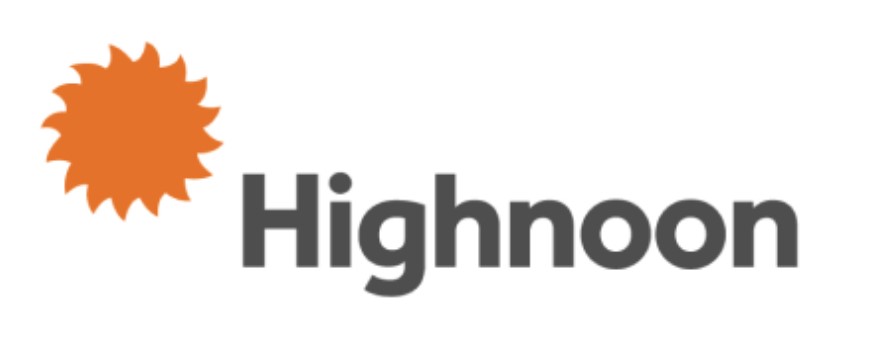December 13, 2023 (MLN): The operating environment (OE) for business development companies (BDCs) is expected to deteriorate in 2024, as increased competition pressures middle-market deal terms and spreads, and slower growth at portfolio companies resulting in weaker asset quality, Fitch Ratings says in its latest outlook.
BDCs best positioned heading into 2024 will benefit from scale, stronger underwriting and workout capabilities, first-lien focus, appropriate asset coverage cushions, diverse funding profiles and ample liquidity.
BDCs and other direct lenders saw increased opportunities in 2023 to gain scale amid challenging conditions in the syndicated market. Firms have expanded platforms to allow for larger check sizes and should continue to gain share.
However, competition from the burgeoning number of players in the private credit market is expected to pressure spreads, covenants and underlying leverage levels in new deals relative to 2023.
The growth of perpetual non-traded BDCs and solid fundraising from established firms will continue to impact underwriting dynamics.
Deal volume was relatively muted in 2023 given the wide bid-ask spread between buyers and sellers and limited refinancing activity in the high interest rate environment, but deal activity is expected to improve in 2024, and several BDC managers have pointed to improving pipelines.
Banks face growing regulatory scrutiny and increasingly more stringent capital rules allowing BDCs to step in.
Banks will need to be more disciplined in how they use capital and are likely to be more risk averse following the $42 billion of “hung” loans in 2H22, with some banks looking to partner with direct lenders, as seen with JPMorgan’s recently reported attempts to form a private credit syndicate.
Non-accruals and defaults are not rising to the degree initially expected by BDCs when interest rates began to rise, with middle-market loans generally performing well YTD.
However, the continuation of elevated interest rates combined with a more challenging economic backdrop should weaken asset quality metrics as more portfolio companies face interest coverage of less than 1x.
Non-accrual investments remain at unsustainable lows, averaging 2.2% of rated BDCs’ debt investments at cost and 1.2% at fair value in 3Q23.
Recent commentary from BDC executives indicates expected weakness in cyclicals as the economy softens, although Fitch recently removed its forecast of a recession in 2024.
Companies with scale may be better positioned to withstand the deteriorating operating environment, given the larger EBITDA basis and better flexibility to offset higher costs on floating-rate loans.
BDCs are beginning to see an uptick in credit issues, with around 9% of portfolios, on average, consisting of restructured assets, non-accruals and loans marked below 90% of par, up from around 7% at YE 2021, according to Wells Fargo.
Vintages underwritten in 4Q20 and 2021 post-pandemic may see weaker asset quality performance, with meaningful capital deployed under more borrower-friendly deal terms, marked by higher leverage and looser covenants.
While this trend occurred across all industries, certain sectors, such as healthcare and technology, faced significant competition.
Recurring revenue loans, which experienced meaningful growth across software deals in 2021, could experience weaker performance as growth at these portfolio companies slows and cost reductions may not keep pace.
However, manager experience, credit selection and workout capabilities can be key risk mitigants, with meaningful dispersion of credit deterioration expected among BDCs.
Asset quality could benefit from increased sponsor support if sponsors contribute incremental capital to portfolio companies.
Unlike in the GFC, sponsors have been having more constructive dialogues since the pandemic, given the meaningful equity they have in the deals, as LTVs are lower than they were in the GFC.
While amendment activity has been below pandemic levels, requests from companies to extend maturities are increasing.
Platforms with stronger workout capabilities and dedicated teams will be better positioned to maximize recoveries as amendments increase.
Copyright Mettis Link News
Posted on: 2023-12-13T10:40:48+05:00







